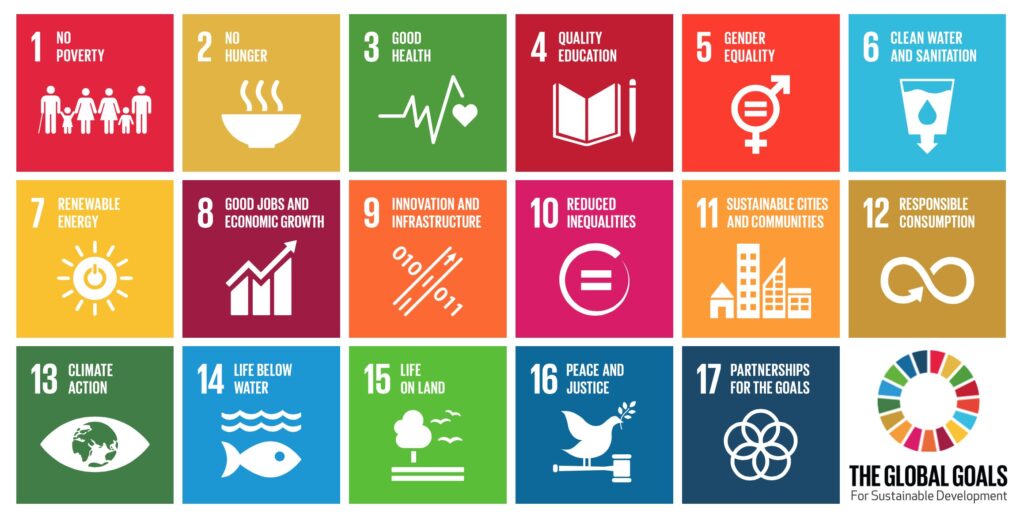Contact
-
Herengracht 33
1398 AB Muiden (NL) - vermogensbeheer@faircapitalpartners.nl
- impactinvesting@faircapitalpartners.nl
Water lily painting: Licio Passon www.liciopasson.it
Phone
About us
- Sustainable and personal
- In accordance with ASN Bank’s sustainability policy
- For assets in excess of € 250,000
- Let experts take care of your assets
- We help you achieve your investment goals









